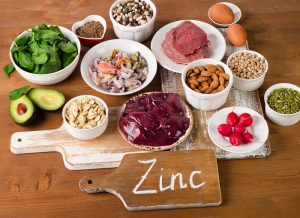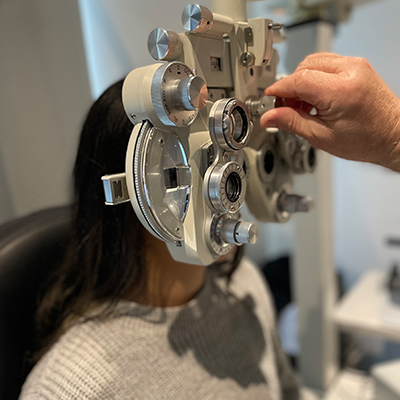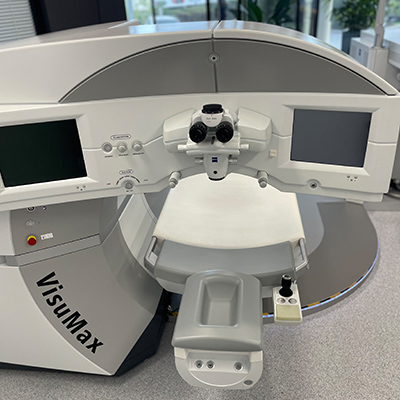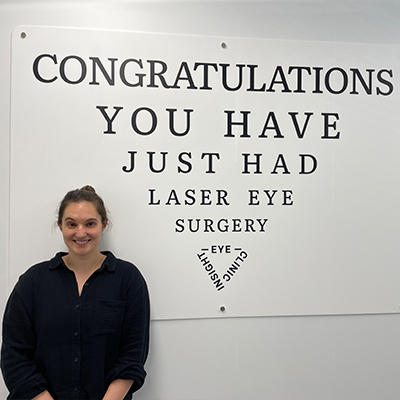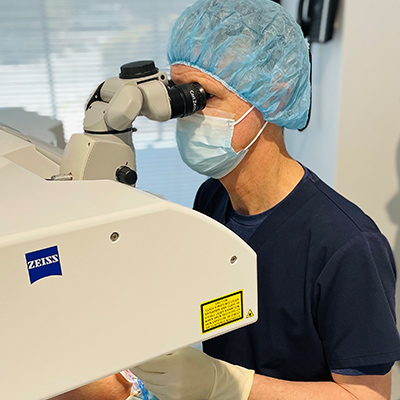Boost Eye Health with These Fab Foods
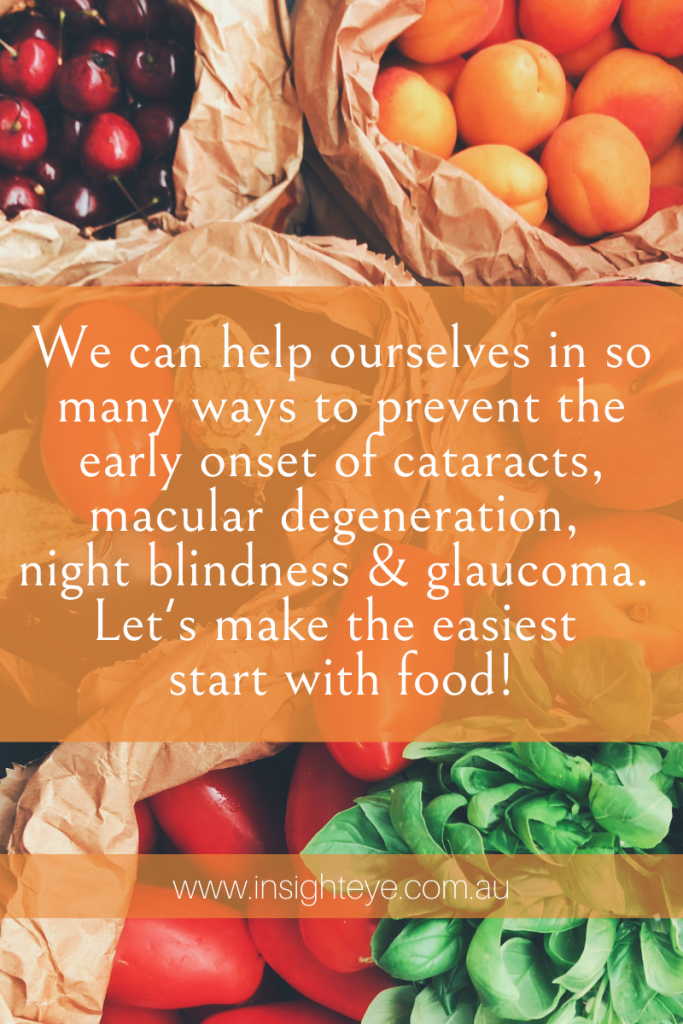
Sight is considered our most precious sense. Let’s protect it by simply eating healthy foods!
It is usually not until you have a problem related to your eyes that you would consider the impact your diet and other lifestyle choices has on your vision and overall eye health.
Through eating what is considered to also be a heart-healthy diet, you can reduce and prolong your chances of:
-
-
-
-
-
- Cataracts – A clouding of the lens inside of our eye causing blurred or double vision, reduced colour quality, halo’s around lights and poor night vision
- Macular degeneration (AMD) – When abnormal blood vessels begin to develop underneath the retina affecting central vision
- Glaucoma – Increased intra-ocular pressures that can damage the nerve connecting the eye to the brain causing slow vision loss
- Night blindness (nyctalopia) – Poor vision at night or in dimly lit areas
-
-
-
-
There are so many ways we can easily protect our eyes against free radicals which can break down healthy eye tissue. The main way is to eat foods rich in anti-oxidant enzymes.
Yellow & orange fruit & vegetables
Our bodies convert the beta-carotenes present in these brightly coloured foods into vitamin A. Vitamin A helps protect the cornea (clear window across the surface of the eye). This window is essential for good vision.
Meat, shellfish, seeds, dairy, eggs & legumes (chickpeas, lentils & beans)
These wonderful foods are all rich in zinc! Zinc helps the body better absorb vitamin A. Zinc also helps the many anti-oxidant enzymes already living in our bodies to fight off free radicals. In turn, our eyes are better equipped to protect themselves against AMD and night blindness.
Fatty cold water fish, flaxseed & walnuts
 Omega-3 is the star in these tasty, versatile foods. Omega-3 has been shown to actively help decrease high eye pressures and glaucoma risk. It also reduces dry eye symptoms, eye pain, eye sensitivity and blurred vision. Studies show that Omega-3 also has anti-inflammatory properties. Win win in our book.
Omega-3 is the star in these tasty, versatile foods. Omega-3 has been shown to actively help decrease high eye pressures and glaucoma risk. It also reduces dry eye symptoms, eye pain, eye sensitivity and blurred vision. Studies show that Omega-3 also has anti-inflammatory properties. Win win in our book.
Citrus
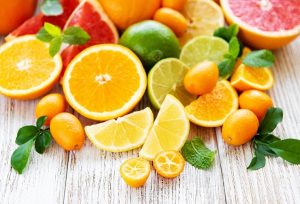 We all know that citrus foods contain vitamin C. But you might not know… that vitamin C supports the health of the blood vessels in they eye. Healthy blood vessels within the eyes can help us to combat cataracts and AMD. Vitamin C also helps our body absorb zinc better thus playing a vital role in the healthy food wheel of life.
We all know that citrus foods contain vitamin C. But you might not know… that vitamin C supports the health of the blood vessels in they eye. Healthy blood vessels within the eyes can help us to combat cataracts and AMD. Vitamin C also helps our body absorb zinc better thus playing a vital role in the healthy food wheel of life.
Nuts
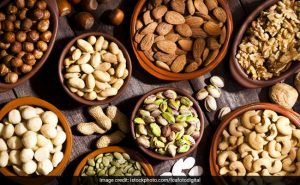 Nuts about nuts? Great! Almonds, peanuts, pistachios and cashews are some of the main nuts that are rich in omega-3 fatty acids and vitamin E. Vitamin E, along with some other mentioned vitamins above, is believed to protect our eyes against free radicals. Free radicals break down healthy eye tissue and may lead to the formation of cataracts and AMD. And you only have to read about the fish, flaxseed and walnuts to learn all about omega-3’s fabulous benefits!
Nuts about nuts? Great! Almonds, peanuts, pistachios and cashews are some of the main nuts that are rich in omega-3 fatty acids and vitamin E. Vitamin E, along with some other mentioned vitamins above, is believed to protect our eyes against free radicals. Free radicals break down healthy eye tissue and may lead to the formation of cataracts and AMD. And you only have to read about the fish, flaxseed and walnuts to learn all about omega-3’s fabulous benefits!
Leafy greens
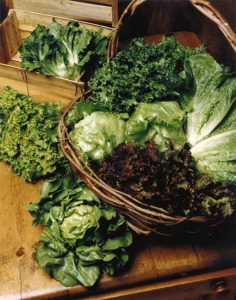 Leafy greens are so versatile! My favourite way to incorporate them is in my salads, smoothies and omlettes. Examples of leafy greens are: spinach, kale, watercress, arugula, swiss chard & collards. These leafy greens are soooo important! They are rich in anti-oxidants called lutein and zeaxanthin and these are stored in the macula. They can help eyes detect contract better and maintain vision long term.
Leafy greens are so versatile! My favourite way to incorporate them is in my salads, smoothies and omlettes. Examples of leafy greens are: spinach, kale, watercress, arugula, swiss chard & collards. These leafy greens are soooo important! They are rich in anti-oxidants called lutein and zeaxanthin and these are stored in the macula. They can help eyes detect contract better and maintain vision long term.
Knowing what is best for our eye health and health in general, doesn’t always make it easy to incorporate the foods mentioned.
If you struggle with how to incorporate any of the above mentioned foods or supplements in your diet, you can contact a dietician or nutritionist. They can share recipes and ideas to help you on your journey to better, longer lasting vision. You can also search for ‘heart healthy recipes’ which will mostly incorporate the different food and vitamin sources we’ve discussed.
Best of luck to you on your eye health journey!
|By: Paula
**Please note this blog is not a substitute for medical advice. If you have any concern about your vision quality or eye health, we urge you to contact your GP or Ophthalmologist**

